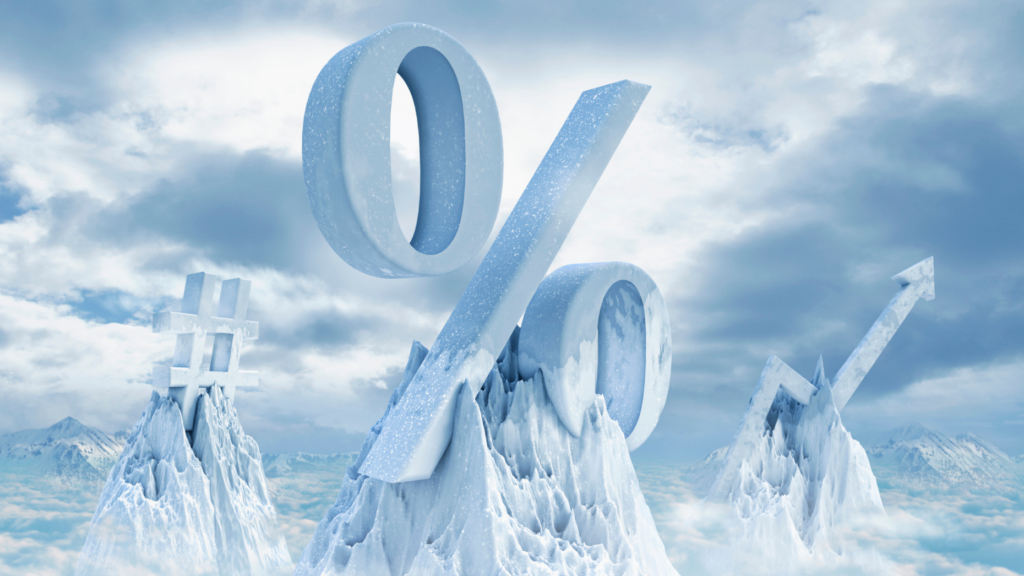Demand for mortgages slipped during the last week of 2021 as interest rates on 30-year fixed-rate home loans climbed to the highest level since April.
The Mortgage Bankers Association’s Weekly Mortgage Applications Survey showed that after adjustments to account for the holidays, demand for purchase loans was down a seasonally adjusted 4 percent from two weeks ago, and 12 percent from a year ago. Requests to refinance were down 2 percent from two weeks ago and 40 percent from a year ago.
Joel Kan
“Mortgage rates continued to creep higher over the past two weeks, as markets maintained an optimistic view of the economy,” said MBA forecaster Joel Kan, in a statement. Demand for purchase loans was the weakest since October, Kan said. “Even though average loan sizes were lower, home price appreciation remains at very high levels.”
For the week ending Dec. 31, the MBA reported average rates for the following types of loans:
- For 30-year fixed-rate conforming mortgages (with loan balances of $548,250 or less), rates averaged 3.33 percent, up from 3.31 percent the week before. With points increasing to 0.48 from 0.38 (including the origination fee) for 80 percent loan-to-value ratio (LTV) loans, the effective rate also increased.
- Rates for 30-year fixed-rate jumbo mortgages (with loan balances greater than $548,250), rates averaged 3.31 percent, down from 3.35 percent the week before. Although points increased to 0.38 from 0.34 (including the origination fee) for 80 percent LTV loans, the effective rate decreased.
- For 30-year fixed-rate FHA mortgages, rates averaged 3.40 percent, up from 3.39 percent. With points increasing to 0.42 from 0.37 (including the origination fee) for 80 percent LTV loans, the effective rate also increased.
- Rates for 15-year fixed-rate mortgages averaged 2.60 percent, unchanged from a week ago. But with points increasing to 0.31 from 0.29 (including the origination fee) for 80 percent LTV loans, the effective rate increased.
- The average contract interest rate for 5/1 adjustable-rate mortgages (ARMs) averaged 2.45 percent, down from 2.74 percent the week before. Although points increased to 0.33 from 0.22 (including the origination fee) for 80 percent LTV loans, the effective rate decreased from last week.
Mortgage rates are expected to climb this year as the Federal Reserve withdraws the emergency support it provided to mortgage markets during the pandemic.
At the outset of the pandemic, the Fed started buying an extra $80 billion in long-term Treasury notes and $40 billion in mortgage-backed securities every month. The Fed’s $120 billion in monthly asset purchases helped push mortgage rates to record lows.
But as the economy has recovered and concerns about inflation grow, the Fed started tapering its purchases by $15 billion a month in November, on a timetable designed to wind down its asset purchases by June.
As inflation numbers continued to come in hot, the Fed switched gears at its final meeting of the year and doubled the pace of tapering to $30 billion a month. The accelerated timetable puts the Fed on schedule to finish tapering in March.
Get Inman’s Extra Credit Newsletter delivered right to your inbox. A weekly roundup of all the biggest news in the world of mortgages and closings delivered every Wednesday. Click here to subscribe.



 Are You Interested in West Eleventh Residences Miami?
Are You Interested in West Eleventh Residences Miami? Are You Interested in ONE Park Tower by Turnberry?
Are You Interested in ONE Park Tower by Turnberry? Are You Interested in Diesel Wynwood Condominium?
Are You Interested in Diesel Wynwood Condominium? Are You Interested in Five Park Miami Beach?
Are You Interested in Five Park Miami Beach? Are You Interested in Cipriani Residences Miami?
Are You Interested in Cipriani Residences Miami? Are You Interested in Bentley Residences Miami?
Are You Interested in Bentley Residences Miami? Are You Interested in Baccarat Residences Brickell?
Are You Interested in Baccarat Residences Brickell? Are You Interested in Aria Reserve Miami?
Are You Interested in Aria Reserve Miami? Are You Interested in 888 Brickell Dolce & Gabbana | Miami?
Are You Interested in 888 Brickell Dolce & Gabbana | Miami? Are You Interested in 600 Miami WorldCenter?
Are You Interested in 600 Miami WorldCenter? Are You Interested in HUB MIAMI RESIDENCES?
Are You Interested in HUB MIAMI RESIDENCES? Are You Interested in WALDORF ASTORIA RESIDENCES?
Are You Interested in WALDORF ASTORIA RESIDENCES?